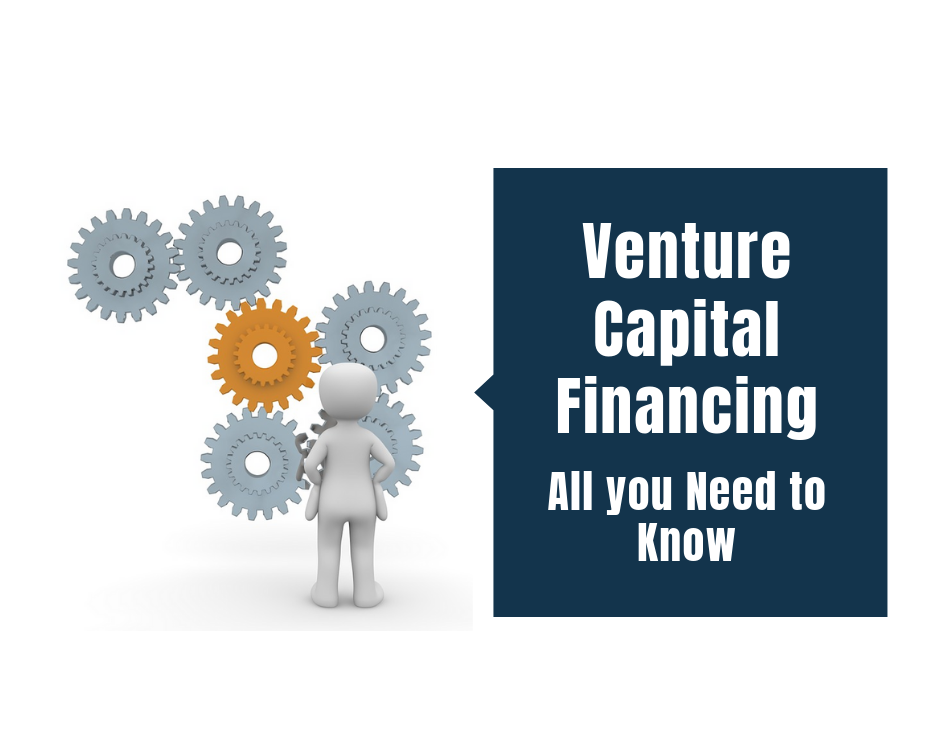
Working with a venture capital firm can add credibility to a startup, especially for founders that haven’t built other successful companies. Most venture capital firms have a public relations team and media contacts, and it’s in their best interest to get exposure for your startup. Increased Publicity and Exposure Is Likely Also, many potential employees may consider a venture-backed startup less risky than a traditional startup with no funding, making it easier to recruit a talented and well-rounded team. The team you need to start a company and the team you need to scale are often not the same, and venture capital firms can help get key people in place at the company to help you grow. Assistance With Hiring and Building a Team Often, you’ll work with partners from the firm, other startup founders who have received funding, and experts from both of their networks to get your company on the right path to growth and success. When you receive venture capital funding, you’re getting what’s often referred to as “smart money.” This means the money you get comes with the added benefit of the expertise of the venture capital firm. Collaboration Opportunities With Industry Experts and Other Startups Are Available Having access to this network can help you forge new partnerships, build out your clients, hire key employees, and raise future rounds of funding. Partners at a venture capital firm may spend up to 50% of their time building their network to assist the companies they invest in. When you’re focused on your business, there isn’t much time to network with people that can help your business grow. This can make them valuable leadership resources for the companies in which they’re invested. Even if they don’t have a startup background, they often have experience with assisting startups and sit on the boards of as many as 10 at a time. These individuals often have experience scaling a company, solving day-to-day and longer-term problems, and monitoring financial performance. Many successful startup founders become partners at venture capital firms after they exit their businesses. Experienced Leadership and Advice Is Available While many startup funding options will require founders to pledge some form of personal assets as collateral, most venture capital agreements won’t require a pledge of personal assets when the agreement is drafted. In most cases, you won’t have to contribute additional personal assets to the growth of your business. This frees up working capital for your business, allowing you to reinvest by improving products, hiring a larger team, or further expanding operations. This means that, unlike small business and personal loans, there are no regular payments for your business to make. When a venture capital firm invests in your business, it’ll do so for equity in the company. The rate of failure for startups is still 20% in the first year, but when a complex situation arises, having a partner or investor with experience in helping startups succeed can improve the odds of making a good decision. By having an experienced team oversee growth and operations, startups are more likely to avoid major issues. Obtaining venture capital can help startup founders manage the risk inherent in most startups. There’s also a tendency for startups to raise venture capital several times, allowing companies to access large amounts of capital that would otherwise be impossible to obtain. However, venture capital is available in amounts as small as $100,000 for the seed stage and more than $25 million for more mature startups. Many startups seeking small business loans may only qualify for $5 million or less in financing and qualifying can be difficult. They may also help secure future rounds of funding.

Besides money, venture capital firms also provide input and introductions to potential future investment partners. For fast-growing startups wanting to scale quickly, it might be the only viable option. Obtaining venture capital has several advantages. Help raising future rounds of funding is available. Increased publicity and exposure are likely

The overall cost of financing is expensiveĮxperienced leadership and advice are availableĪ formal reporting structure and board of directors are requiredĬollaboration opportunities with industry experts and other startups are availableĪssistance with hiring and building a team is providedįunds are released on a performance schedule Finding investors can distract founders from their businessįunding is relatively scarce and difficult to obtain


 0 kommentar(er)
0 kommentar(er)
